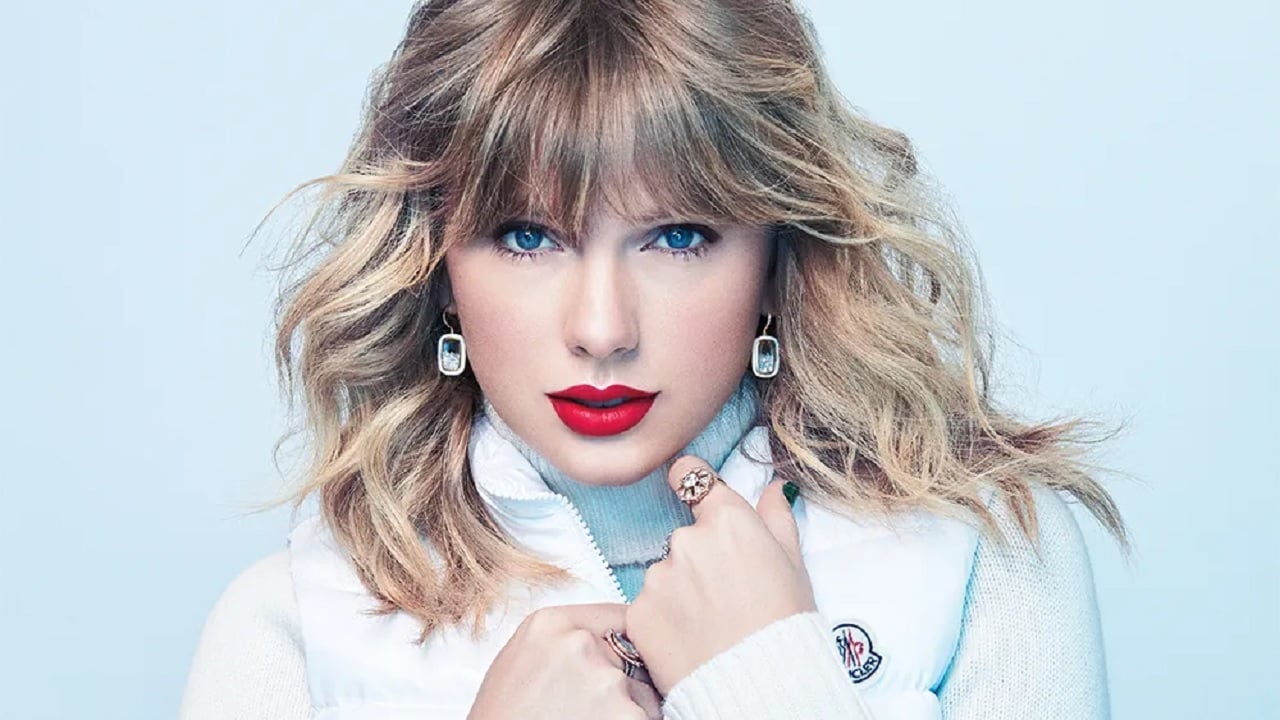AI-Generated Taylor Swift Images Spread Quickly on Social Media

This week witnessed the proliferation of AI-generated explicit images featuring Taylor Swift, one of the world’s most famous stars, underscoring the potential harm posed by mainstream artificial intelligence technology. Circulating predominantly on the social media platform X (formerly Twitter), these fabricated images, depicting the singer in sexually suggestive and explicit positions, garnered tens of millions of views before being removed. However, the permanence of content on the internet suggests that they may persist on less regulated channels.
Most major social media platforms, including X, have policies prohibiting the sharing of “synthetic, manipulated, or out-of-context media that may deceive or confuse people and lead to harm.” Despite such guidelines, the incident sheds light on the challenges these platforms face in effectively monitoring and moderating content, especially as AI-generated content becomes more sophisticated and widespread.
AI-Generated Taylor Swift Images Spread Quickly on Social Media
Ben Decker, who leads Memetica, a digital investigations agency, highlighted the swift exploitation of generative AI tools to create potentially harmful content targeting public figures. He emphasized the inadequacy of social media companies’ current strategies to monitor content effectively. For instance, X has significantly reduced its content moderation team, relying heavily on automated systems and user reporting, a practice currently under investigation in the EU.
The incident involving Taylor Swift coincides with broader concerns about the misuse of AI-generated images and videos during the upcoming U.S. presidential election year. As disinformation efforts pose a threat to the democratic process, the rise of misleading AI-generated content raises alarms about the potential disruption of the vote.
Decker expressed concerns about the fractured landscape of content moderation and platform governance. With stakeholders like AI companies, social media platforms, regulators, and civil society not aligned in addressing these issues, the proliferation of such content may persist. However, Decker also suggested that Swift’s prominence could draw attention to the growing problems surrounding AI-generated imagery, prompting action from legislators and tech companies.
While AI-generation tools like ChatGPT and Dall-E contribute to the evolving landscape, there is a broader realm of unmoderated not-safe-for-work AI models on open-source platforms. The incident involving Taylor Swift brings attention to the urgent need for a unified approach to address the challenges posed by AI-generated content, safeguarding individuals from potential harm and protecting the integrity of online platforms.
See Also: Nikon, Sony and Canon Fight AI-Generated Fake Images With New Camera Technology
PTA Taxes Portal
Find PTA Taxes on All Phones on a Single Page using the PhoneWorld PTA Taxes Portal
Explore NowFollow us on Google News!





